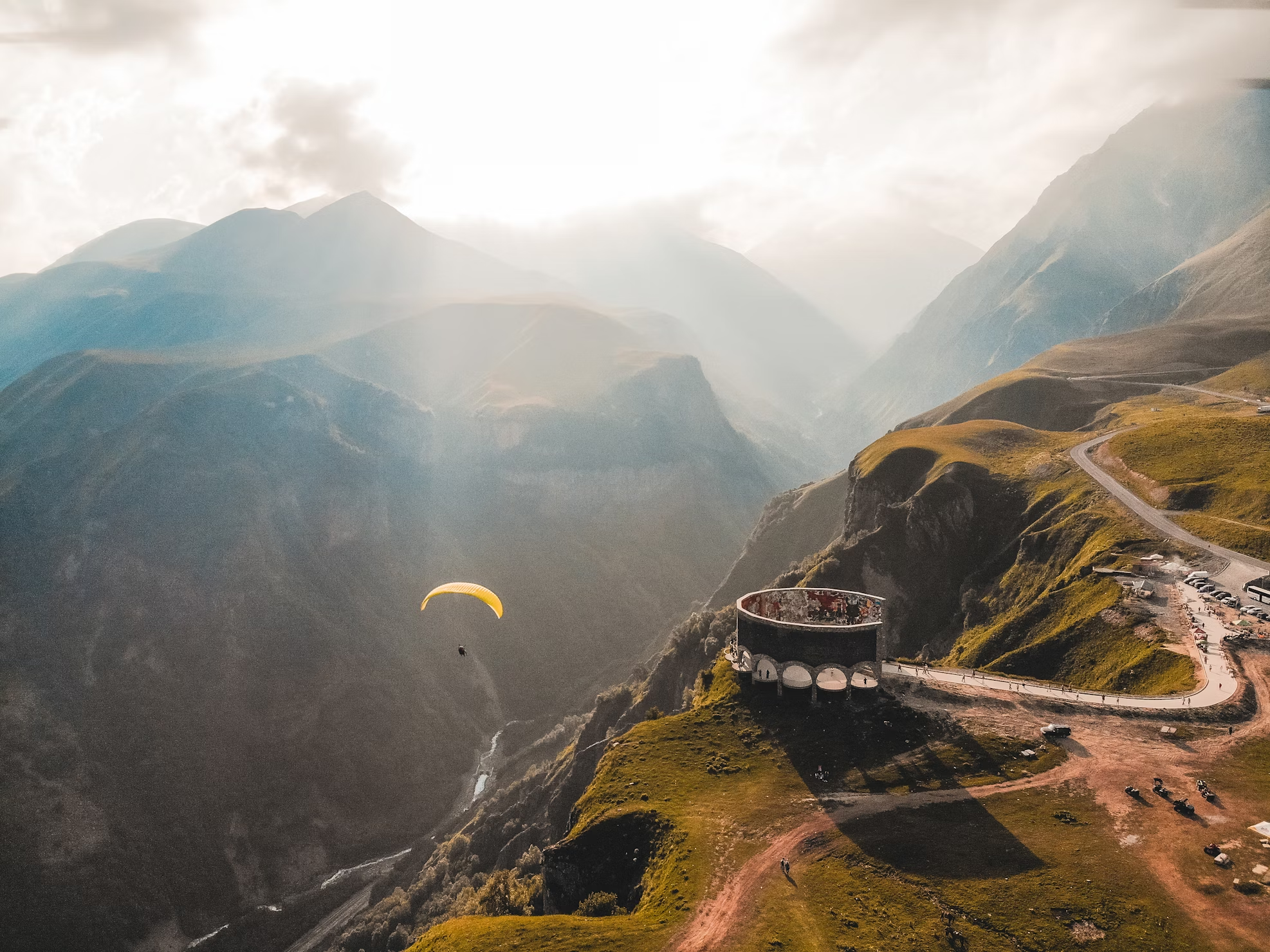As it was promised, the activities of the group called ?Protest Against Dictatorship? continued right after the Easter holidays. Although there were fears that the march in Belgrade would turn violent as the big football derby was held at the same time between local giants Crvena Zvezda and Partizan, the night fortunately remained peaceful. Demonstrations were put on hold for the religious holidays, and now, Tuesday was the 16th time people gathered on the streets of the capital and major towns across the country.
It all began with the presidential elections held on April 2nd which the incumbent Prime Minister Aleksandar Vučić won already in the first round. His massive victory is unquestionable even though irregularities were reported and the media coverage during the campaign was one-sided in his favour. This is why the outbreak of the protests came as a slight surprise.
Until now, no central figure has appeared as the inventor and organiser of the protests. News spread wide through social media channels. As a consequence, mainly young people were invited to participate and the news agencies referred to them as ?student protesters?. However, they are not the only ones dissatisfied, for example trade unions have announced their support. On the other hand, they do not have the open support of the Orthodox Church or universities.
Probably the lack of key organisers was one of the sources of different theories around by whom the movement is financed and called to the streets. Suspect number one is always George Soros in these cases. Protesters kept their sense of humour and answered with signs just like the background picture of this article (which says ?Afterparty at Soros?s place?). Prime Minister and President Elect Aleksandar Vučić accused leaders of the opposition of planning to seize power through demonstrations because they failed to do so during the legitimate elections. Of course they responded by articulating fears that Vučić would decide to use the police force in order to provoke violence.
The ?official? demands of the protests look like to be deliberately unrealistic. Vučić does not show the slightest intention to resign, nevertheless, the greater the goals are, the bigger the media coverage becomes. It should also not be forgotten that several of these goals ? such as resignations in the Republican Electoral Commission, RIK, the Regulatory Body for Electronic Media, REM, Radio Television of Serbia, RTS, and of the president of the National Assembly ? were added later and are hardly the reason for the protests.
Naturally, the big question is how long the movement will last. First of all, they should agree on some kind of agenda. This way uncertainties regarding location and direction of the marches could be avoided. If they manage to ensure their popular support, the hope to slowly and gradually gain political power will always be there.
![Anti-governmentprotestinBelgradeApril5.PhotoBeta[1]](https://biztonsagpolitika.hu/wp-content/uploads/2017/04/Anti-governmentprotestinBelgradeApril5.PhotoBeta1-1-1068x712.jpg)










